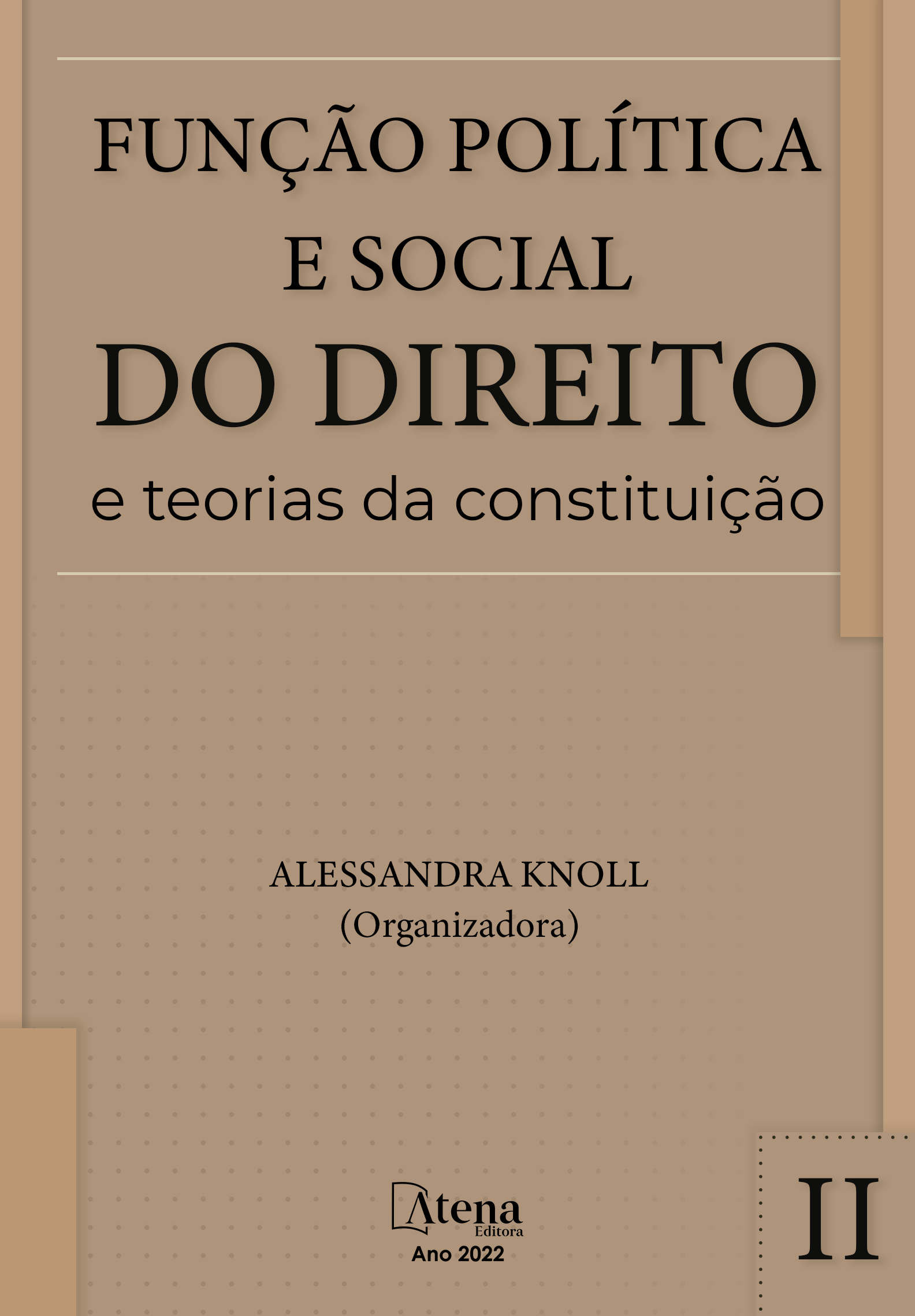
A PERSECUÇÃO PENAL NO ESTADO DEMOCRÁTICO DE DIREITO NO BRASIL MULTICULTURAL E PLURIÉTNICO
Definiu-se como objeto deste artigo a persecução penal em sociedade multicultural. O objetivo do estudo visou analisar o tratamento jurídico-penal ao fator cultural de agente, motivado por cultura diferente, para praticar crime. De que forma o fator cultural constitutivo de um agente, presumidamente criminoso e vinculado ao grupo cultural diferenciado, pode ser considerado como elemento relevante para se deflagrar a persecução penal? Na realização desta pesquisa, deu-se prioridade às fontes históricas do tipo bibliográfico e documental, mediante consulta a artigos científicos abrigados em diferentes periódicos, livros, sendo em destaque o livro de De Maglie (2017), no qual a autora aborda os crimes culturalmente motivados e os modelos penais. Destacou-se como fonte documental a Constituição da República Federativa do Brasil de 1988, por ser o instrumento que criou um novo projeto de sociedade reconhecendo o fator cultural como condição essencial a ser analisado pelo Estado em todas as ações envolvendo grupos culturalmente diferenciados. As conclusões permitiram perceber que em uma sociedade fundada no pluralismo cultural, como a brasileira, devem existir critérios que assegurem o deslinde da persecução penal para reconhecer na prática do agente se agiu ou não com relevante motivação cultural para perpetrar o delito, pois após uma análise minuciosa ao longo do processo, ter-se-á como resultado a aplicação da pena correspondente, ou, verificada sua inocência em face das dilações probatórias, a absolvição do réu.
A PERSECUÇÃO PENAL NO ESTADO DEMOCRÁTICO DE DIREITO NO BRASIL MULTICULTURAL E PLURIÉTNICO
-
DOI: 10.22533/at.ed.7902226017
-
Palavras-chave: Estado Democrático de Direito. Persecução penal. Sociedade pluriétnica. Fator cultural para o delito..
-
Keywords: Rule-based Democracy. Criminal Prosecution. Pluriethnical society. Cultural factor for crimes.
-
Abstract:
The object of this article was defined as criminal prosecution in a multicultural society. The goal of the study was to analyze the legal-criminal treatment regarding the cultural factor of an agent, motivated by a different culture, to commit crimes. In what way can the constitutive cultural factor of an agent that is presumably criminal, and linked to a different cultural group, be considered as a relevant element to trigger criminal prosecution? In carrying out this research, priority was given to historical sources of the bibliographic and documentary type, by consulting scientific articles published in different journals, books, with emphasis on the book by De Maglie (2017), in which the author addresses culturally motivated crimes and criminal models. The 1988 Constitution of the Federative Republic of Brazil stood out as documentary source, for it was the instrument that created a new project for society, recognizing the cultural factor as an essential condition to be analyzed by the State in all actions involving culturally differentiated groups. The conclusions allowed to realize that, in a society based on cultural pluralism, such as Brazil, there must be criteria that ensure the unravel of criminal prosecution to recognize in the agent's practice whether or not they acted with cultural motivation to perpetrate the crime, because after doing a thorough analysis throughout the process, the result will be the application of the corresponding penalty, or, after verifying their innocence during evidentiary stage, the acquittal of the defendant.
-
Número de páginas: 17
- Joniel Vieira de Abreu
- Marcelo Machado Costa Lima
- Paulo Sérgio de Almeida Corrêa


